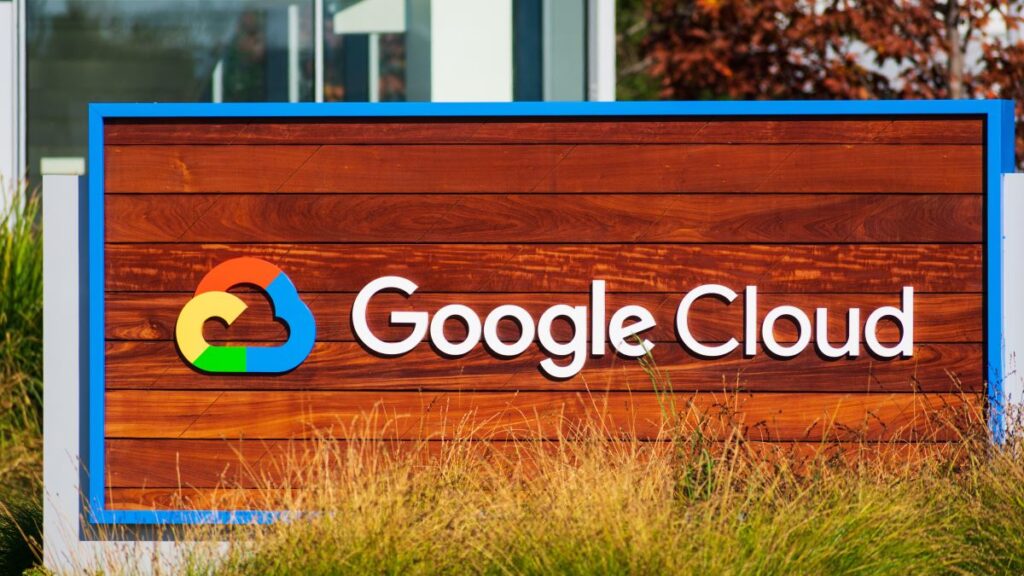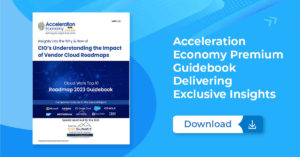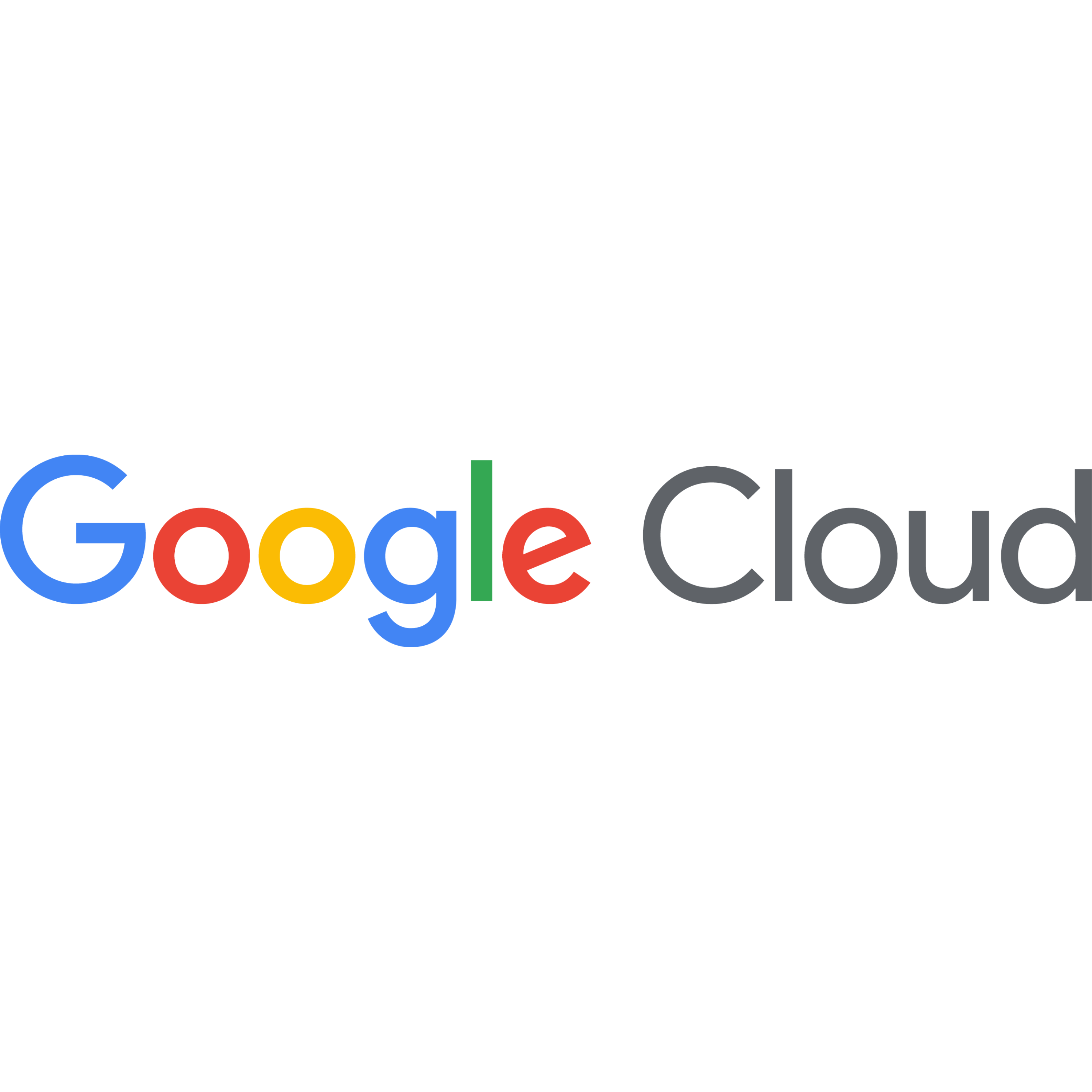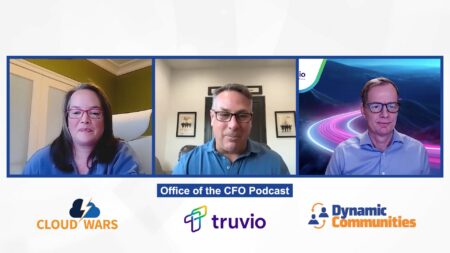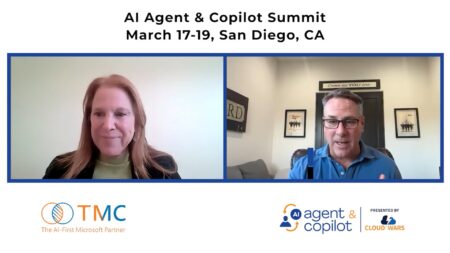
Connecting two of the hottest trends in the enterprise-tech world, Google Cloud is rolling out industry-specific generative artificial intelligence (GenAI) solutions for healthcare and for manufacturing to help customers not only boost productivity but also transform themselves for the digital age.
Claiming that “82% of organizations considering or currently using gen AI believe it will either significantly change or transform their industry,” Google Cloud offered five use cases that can help manufacturing companies transform themselves to meet the demands of a turbulent and increasingly digital marketplace.
The company has also offered a broad overview of its GenAI solutions for healthcare, and I’ll outline those in a moment. But first, the manufacturing plan.
GenAI Use Cases in Manufacturing
- Machine-generated events monitoring. Here’s the key excerpt from the Google Cloud blog post: “Gen AI can play a key role in transforming maintenance workflows and staying one step ahead with predictive maintenance. It helps manufacturers optimize operations by interpreting telemetry from equipment and machines to reduce unplanned downtime, gain operating efficiencies, and maximize utilization. If a problem is identified, gen AI can also recommend potential solutions and a service plan to help maintenance teams rectify the issue.”
- Customer-service automation. Google Cloud says that manufacturers are finding that GenAI “provides a helpful, value-added customer service experience that automates and accelerates time-to-resolution for common interactions like product troubleshooting, ordering replacement parts, scheduling service, product information, and product operation.”
- Document search and synthesis. “Gen AI can quickly sift through generations of documents throughout the product lifecycle, extracting and summarizing the information needed by sales teams and technicians,” the blog post says. “And it can synthesize purchase orders and quickly provide customers a quote, eliminating the need for sales teams to manually cross-reference emails with inventory availability.”
- Product/content catalog discovery. Highlights from the blog post: “Gen AI-enabled sales applications can provide sales recommendations based on historical sales data, in-stock data, master data, and more…. Results could be combined with more descriptive statistics on sales data joined with meta-information that is uploaded by sales agents, giving a clear visibility into the buying process.”
- Supply-chain advisor. “Gen AI can act as a supply chain advisor, providing greater visibility across complex networks and delivering recommendations for best-suited suppliers based on relevant criteria — such as bill of materials specifications, raw material availability and delivery schedules, or sustainability metrics,” according to the blog post. “Adept at extracting provisions using natural-language processing from legal and contractual documents, it can deliver real-time insights into supply chain performance to help improve decision-making.”
Healthcare: AI Helping Reimagine World’s Largest Industry
A separate Google Cloud blog post about its healthcare innovations gets right to the point about the incredibly strategic role GenAI has assumed in the largest industry on Earth: “In healthcare, AI is the most exciting technology we are working on today,” says the opening line. “From assisting clinicians with documentation, to streamlining operations, to accelerating medical research, to helping doctors detect diseases earlier, this remarkable technology holds the potential to reshape our world and promote healthier, more fulfilling lives.”
Industry-specific search for healthcare. Google Cloud has launched Vertex AI Search for healthcare because workers at all levels in that field “often struggle to find insights in clinical data across structured and unstructured data stores. Unstructured data such as patient notes and scanned documents, is particularly hard to search, and it’s easy to miss critical information. Moreover, you need expert clinical knowledge to know what data is even pertinent. These challenges make it hard to connect the dots and get the information necessary for quality patient care. What if technology could quickly bring all of the most relevant information and insights to clinicians?”
Who wouldn’t love a tailored and elegant “healthcare experience”? While the capabilities of modern healthcare organizations are remarkable, that level of quality rarely translates over to what we might call the customer experience or, more precisely the “patient experience.” So Google Cloud customer Highmark Health set out to deliver healthcare experiences “more like what you’d expect from a retailer, with a seamless, frictionless customer journey across online, mobile, and in-person experiences.” Called Living Health, the new model from Highmark Health “is exploring ways to adopt the technology to increase internal productivity and proficiency, make information more easily accessible to users, and improve the experience for clinicians and members.” Key technologies so far are Vertex AI, large language models, and other GenAI tools to personalize the experience for patients.
Final Thoughts
While GenAI has been out in the open for only about 11 months, it has had an astonishing and, I would say, unprecedented impact on the behaviors and experiences of billions of people across the globe. So I’m encouraged to see that this hyper-evolution is extending into industry-specific solutions because I believe that by the end of 2024, those specialized vertical-market solutions will become the preferred technology model for many businesses.
And the fusion of GenAI with industry-specific expertise will lead, as outlined above, to extraordinary opportunities in not just healthcare and manufacturing but in every industry.
Gain insight into the way Bob Evans builds and updates the Cloud Wars Top 10 ranking, as well as how C-suite executives use the list to inform strategic cloud purchase decisions. That’s available exclusively through the Acceleration Economy Cloud Wars Top 10 Course.


